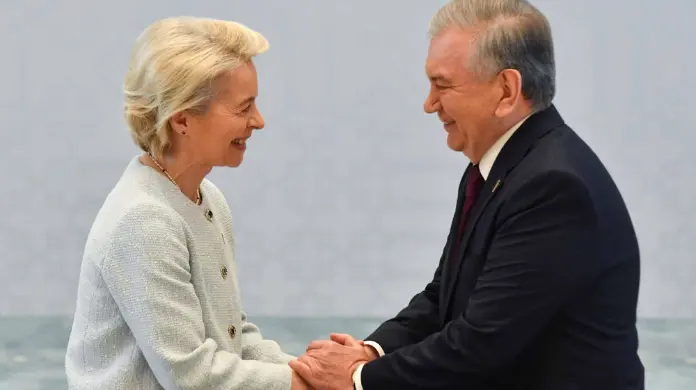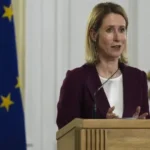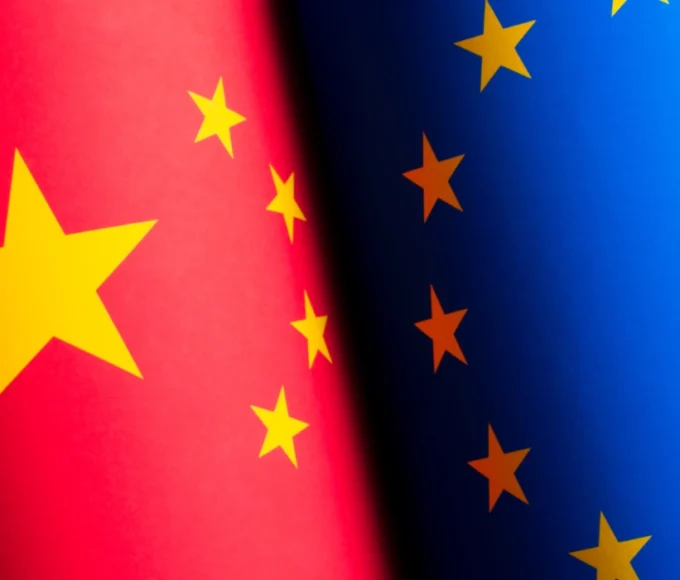Across Asia, the month of April has brought alarming reminders of the region’s vulnerability to climate change, with temperatures soaring and governments racing to implement stronger environmental, social, and governance (ESG) policies. As the heatwave disrupted daily life in countries like Pakistan and India, regional leaders stepped up climate commitments, signaling a shift toward deeper global engagement and reform in sustainable finance.
Climate Emergency Intensifies
In countries such as Pakistan, extreme temperatures neared 49°C last month, causing widespread blackouts due to an overwhelming demand for electricity and air conditioning. India also grappled with similar conditions, as both nations experienced what many meteorologists now view as an early onset of summer.
According to a new report from the climate monitoring platform ClimaMeter, temperatures during the April 14–15 heatwave were up to 4°C higher between 1987 and 2023 compared to historical norms from 1950 to 1986. The report attributes this significant rise in temperatures to human-induced climate change and warns that such heat anomalies are becoming increasingly frequent in South Asia.
Read Also: Jordan Bardella: European Diplomacy’s Role in the Nagorno-Karabakh Tragedy
Central Asia’s Climate Warning
At the Samarkand Climate Forum held on April 4, Uzbekistan’s President Shavkat Mirziyoyev highlighted the existential challenges posed by global warming. He pointed out that Central Asia is warming rapidly and experiencing a sharp decline in fertile land — a major concern for food security in a region with a growing population.
Mirziyoyev noted that “climate change is inextricably linked to food and energy security,” echoing concerns from the international community. European Commission President Ursula von der Leyen, also speaking at the forum, underscored that both Central Asia and Europe are warming at twice the global average rate. She announced a new strategic partnership between the EU and five Central Asian countries — Kazakhstan, Kyrgyzstan, Tajikistan, Turkmenistan, and Uzbekistan — focusing on clean energy collaboration and the development of critical mineral value chains.
China Reaffirms Global Commitments
China’s President Xi Jinping reaffirmed his nation’s commitment to the Paris Agreement during a virtual UN climate summit on April 23. He emphasized multilateral cooperation, legal frameworks, and a move toward green and low-carbon development. In a veiled criticism of Western nations, Xi cautioned against unilateralism and protectionism, arguing for a stable international order rooted in cooperation.
ESG Policy Advances in South Asia
In Pakistan, Romina Khurshid Alam, special coordinator to the Prime Minister on climate issues, announced that ESG compliance will become integral to the nation’s economic framework. This initiative will align with Pakistan’s nationally determined contributions under the Paris Agreement, the UN Sustainable Development Goals, and the upcoming green finance taxonomy aimed at attracting sustainable investment.
Alam stressed that “the time for half measures is over,” calling for comprehensive actions to future-proof both the economy and the environment.
India Tightens ESG Rating Regulations
India’s Securities and Exchange Board (SEBI) issued updated guidelines on April 29 for ESG rating providers, requiring them to publish the rationale behind their ratings and conform to specific audit and governance standards. The changes aim to improve transparency and investor confidence in ESG scores. SEBI currently recognizes 17 ESG rating agencies, with regulatory frameworks evolving rapidly since the introduction of mandatory ESG disclosures in 2021.
Philippines Reinforces Sustainable Finance Framework
In the Philippines, the Department of Finance announced that its Inter-Agency Technical Working Group on Sustainable Finance, also known as the Green Force, will adopt a more active role in policy development. Government departments have been instructed to align their programs with climate mitigation goals, with strategic priorities for 2025 set to be unveiled soon.
Undersecretary Maria Luwalhati Dorotan Tiuseco stated that the DOF’s mission is to “empower the Green Force” to drive effective sustainable finance reforms across sectors.
Regional and Global Synergy
With rising temperatures serving as a stark wake-up call, Asian countries are not only strengthening their domestic climate policies but also forging closer ties with international partners. Whether through ESG reform, clean energy investments, or strategic alliances, the region is becoming increasingly central to global climate action. As the urgency of climate change deepens, Asia’s steps toward sustainability will be pivotal in shaping the planet’s environmental future.
This article is originally published on: sustainableviews









